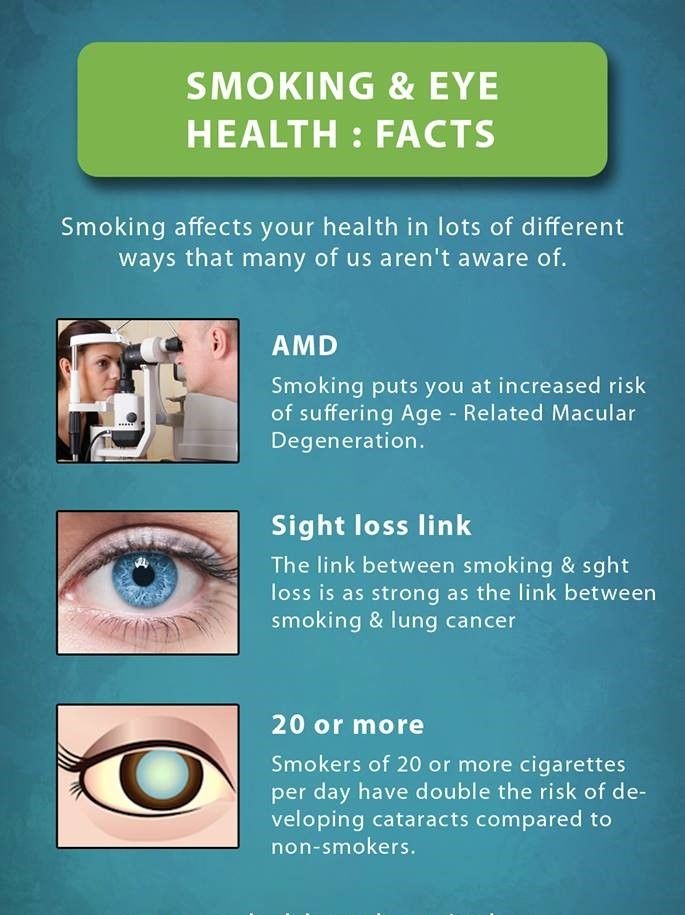The sight is one of the most complex and intricate physiological processes in the human body. Your eyes are the first to interact with the environment. No other sense plays such an integral role in perceiving and understanding our surroundings.
Therefore, good eye health helps determine the overall quality of our lives. Despite acknowledging the importance of eye care, we tend to overlook the diligence required to maintain good eyesight.
Let us change the trend. The following are five simple ways in which you can maintain and monitor your eye health.
-
Maintain a healthy diet
Your diet influences your overall health. Eye health is no exception. Various nutrients have been studied to help ward off vision problems associated with age, such as cataracts, macular degeneration, etc.
These include omega-3 fatty acids, vitamin C, vitamin E, lutein, beta-carotene, and zinc, among others. Therefore, it is imperative to include these nutrients in your diet.
Foods rich in these nutrients include:
- Fatty fish such as tuna and salmon
- Vegetables like collard greens, spinach, and kale
- Citrus fruits such as oranges and grapefruits
- Eggs
- Nuts such as almonds
- Carrots
Not only does a healthy and well-balanced diet provide you with essential nutrients to sustain your normal body functions, but it also helps maintain a healthy weight.
A healthy and controlled body weight reduces your risk of acquiring obesity-related diseases like type-2 diabetes, the leading cause of blindness amongst adults.
-
Quit smoking
Smoking is the sole culprit behind a multitude of health problems. When it comes to eye health, smoking contributes to cataracts, macular degeneration, optic nerve damage, and more.
According to the Centers for Disease Control and Prevention (CDC), smokers are twice as likely to develop age-related macular degeneration. Additionally, smokers are three times more likely to develop cataracts as compared to non-smokers.
Quitting smoking is not an easy feat. However, it is not impossible. You require immense patience and resilience to achieve it. Seek professional help if you have to, but remember not to give up.

-
Wear protective eyewear
Sunglasses are more than just an accessory. The right sunglasses can help protect your eyes from the harmful ultraviolet rays of the sun. UV exposure has been studied to accelerate macular degeneration and increase your chances of developing cataracts.
We recommend opting for a pair that effectively blocks 99 to 100% of UVA and UVB rays. Some people wear contact lenses, which offer UV protection. An added layer of protection never hurt anyone, though. Wear sunglasses with them as well.
Aside from sunglasses, we also recommend wearing protective goggles or safety glasses if you work with hazardous airborne materials.
-
Reduce screen exposure
Screen exposure is one of the leading causes behind vision-related problems, including:
- Blurry vision
- Dry eyes
- Eyestrain
- Impaired focus
- Headaches
Reducing your screen exposure time is, therefore, one of the best ways to protect your eyes from subsequent damage.
You can protect your eyes from screen exposure associated damage by taking the following measures:
- Ensure that your prescription glasses and contact lenses are up-to-date and appropriate for screen exposure.
- Use an anti-glare screen to minimize glare from lights and windows.
- Blink more if your eyes seem dry.
- If you notice your eyestrain increasing despite these measures, consult an optometrist or ophthalmologist and discuss the possibility of getting computer glasses.
A good practice to adopt is the ?20-20-20 rule.? Every 20 minutes, look away from your screen and focus on an object approximately 20 feet away for 20 seconds. Blink 20 times to overcome dryness.
Additionally, every 20 minutes, take a break and walk 20 steps. It not only helps your eyes rest but also helps your posture and improves blood circulation in the body.
-
Consult an eye doctor regularly
Regular eye exams and consultations are recommended to monitor your eye health and ensure that everything is working at its optimum. Additionally, they help diagnose asymptomatic illnesses such as glaucoma early on.
Early diagnosis is critical to ensure effective treatment. In cases such as that of glaucoma, early diagnosis makes the condition much easier to treat.
You should visit an eye care specialist that is near your house. For elderlies ? the age group in which vision problems become prevalent ? visiting out of town hospital can be daunting.
However, when looking for an eye care specialist near your house, do not opt for an average service. Make sure that your optician possesses the license to practice in the state, issued by the state government.
For example, if you are going to an eye specialist in Austin TX, make sure that they have a license from The Texas Optometry Board ? the body that regulates the practice of optometry in Texas. Other states, too, have dedicated bodies to issue the license and check the standards of eye-care services.
-
What does an eye exam entail?
A routine eye exam starts with some questions about you and your family?s medical history.
It is followed by some tests to check nearsightedness, farsightedness, presbyopia (age-related changes in vision), astigmatism (blurred vision due to a curved cornea), etc.
The eye specialist also checks for glaucoma by conducting optic nerve tests and checking eye pressure. Additionally, an external, as well as microscopic examination of your eyes, is also done before and after dilation.
Parting thoughts
Eye problems can be prevented easily through essential eye care habits. Despite being super simple, we tend to neglect them. Do not take your eyes for granted. Take care of them while you still can.